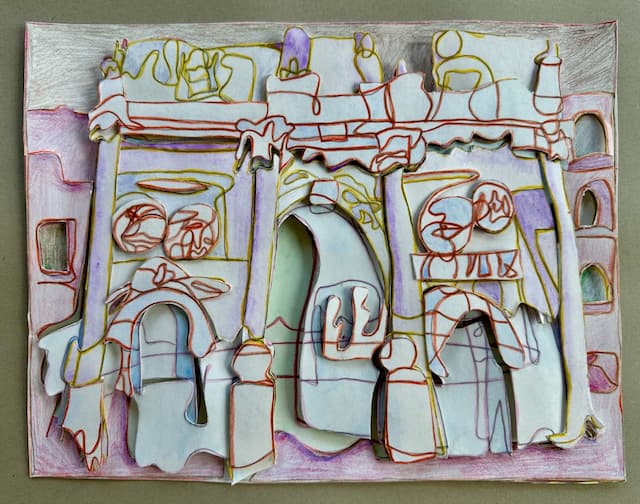Treating Others with the Value God Has Given Them

OK, gather ’round, kids, and let me tell you what it used to be like to take a picture. You took along a camera—no, not your phone; that was at home hanging on the wall. You saw the picture you wanted, and you took a picture. If the picture was lousy because Earl had his eyes closed, you probably didn’t take another one because you didn’t know Earl had his eyes closed. You had to send the film out to get it developed and wait. A week or so later, you’d pick up your pictures at the Fotomat, and it was then you discovered Earl ruined the picture.
Today it is all so easy and instantaneous. Back, then, we didn’t take four pictures of the monster burrito we were about to eat because—HEY! FILM WAS EXPENSIVE.
Film cost money, and the man who most gained from it was George Eastman. His name was as well-known throughout most of the 20th-century as Steve Jobs or Elon Musk are today. In 1929, on Eastman’s 75th birthday, the New York Times wrote, “He should be the most thanked man in the world.” Their statement had nothing to do with the fact that he filled our homes with inexpensive cameras that let us capture a photo of Earl when he … “Oh, great. Earl had his eyes closed—again.”
 The reason we should thank George Eastman is because he valued other people and treated them right. Consider a few things he did for those who worked for him.
The reason we should thank George Eastman is because he valued other people and treated them right. Consider a few things he did for those who worked for him.
- He reduced the work hours of his employees.
- He maintained strict safety measures to create a safe working environment (and reduced accidents by 80%).
- His company had a medical department.
- He had a medical disability fund.
- He established a retirement plan and life insurance for his employees.
- He instituted a profit sharing plan for employees.
- He hired women and the disabled.
- He made cheap stock available for employees.
I applaud companies that offer these benefits today, but when Eastman did it, it had never been done before. He was not following someone else’s lead, nor were his employees on the verge of striking if he didn’t institute these measures. No one thought in terms of such benefits for employees, but Eastman did. In fact, when Eastman Kodak wen public on the stock market, George Eatman gave 18% of his personal profit to his employees. It was not a gift because he believed his employees earned it.
George Eastman valued people and treated them right. Interestingly, Eastman was not a religious man. I have not found anything to indicate he had any faith or belief in God. He saw humans as nothing more than a collection of molecules, yet he desired to treat those collections of molecules with dignity.
Followers of Christ have a far greater reason to value people. Each and every person we encounter is made in the image of God. We are not to value people based on their merits or abilities to contribute to society; we are to value people because God created them and God values them.
And God loves them even as He loves us.
I’m convicted that it took the example of a secular businessman like George Eastman to remind me that I should see people as Christ sees them—and I should love them as He does.
- “Adopt the same attitude as that of Christ Jesus” (Phil. 2:5).
- “Be kind and compassionate to one another, forgiving one another, just as God also forgave you in Christ” (Eph. 4:32).
- “This is how we have come to know love: He laid down his life for us. We should also lay down our lives for our brothers and sisters. If anyone has this world’s goods and sees a fellow believer in need but withholds compassion from him—how does God’s love reside in him?” (1 John 3:16-17).
George Eastman was unselfish to the end of his life, but he took that unselfishness too far. At age 77, he developed spinal stenosis, which would cripple him. He didn’t want to be an undue burden on others, so he shot himself. His suicide note simply said, “To my friends: My work is done. Why wait?”
Whose to say his work was done—and who are we to know when our work is done? I and my team that develops Bible Studies for Life have been working on a study that will come out in December on the hard questions tied to pain and suffering. As we’ve developed this study, I’ve been moved by the stories of those whom, even with debilitating suffering that might be seen as a great burden to others, God has greatly used for His kingdom.
As long as we have breath, let’s live our lives in love for Christ and with an unselfish love that values and benefits others.
Subscribe to this blog or like our Facebook page. And share this post with others.








